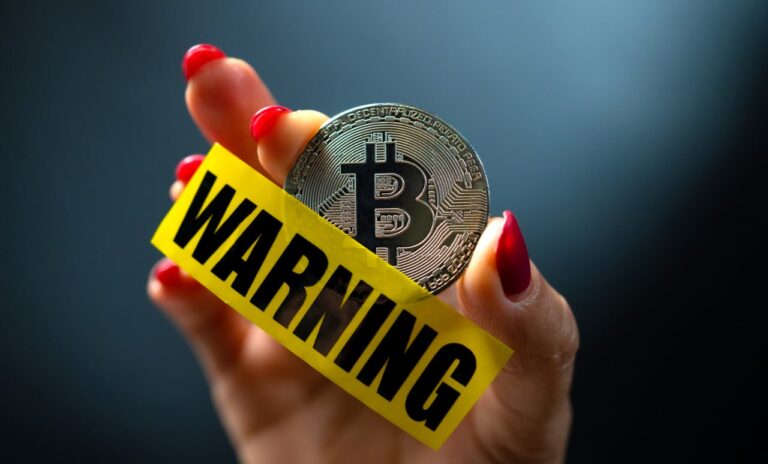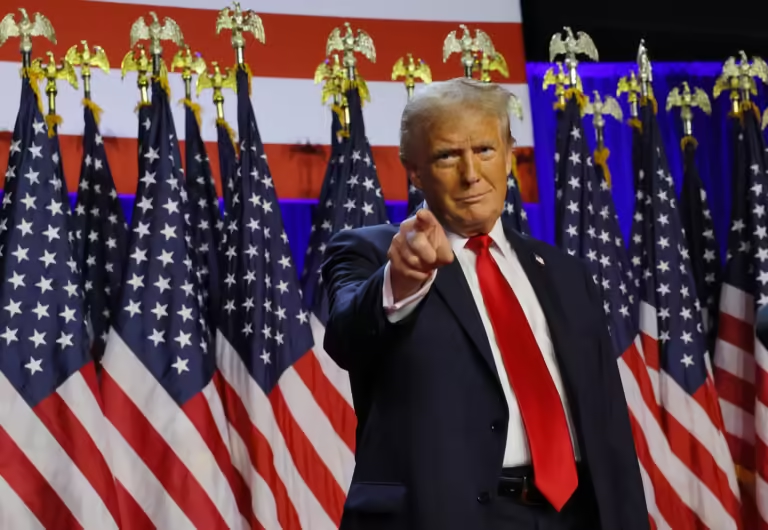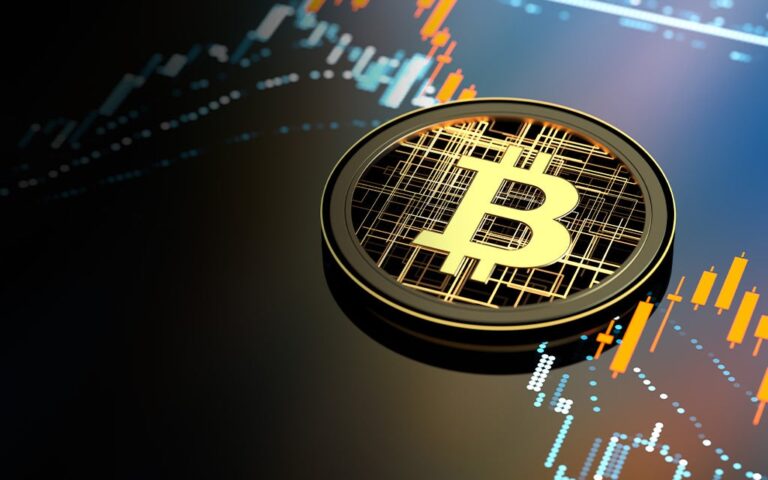Could Poland Become the Next Bitcoin Powerhouse?
In a surprising move, Sławomir Mentzen, a prominent Polish presidential candidate, has pledged to create a strategic Bitcoin reserve if he wins the 2025 election. His promise has the potential to change the landscape of cryptocurrency in Poland, and it reflects a growing trend in global politics: countries taking bold steps to embrace digital assets. But why is this so important, and what could this mean for the future?
What’s Happening?
On November 17, 2024, Mentzen made a statement about his plan to make Poland more crypto-friendly and establish a Bitcoin reserve. This idea isn’t new, as it has been floated by other political leaders, like U.S. President-elect Donald Trump, who also mentioned creating a Bitcoin stockpile during his campaign. Mentzen’s commitment came after the CEO of crypto exchange Swap.ly, Lech Wilczynski, shared a draft of the Strategic Bitcoin Reserve policy. This proposal, created by a crypto advocacy group called the Satoshi Action Fund, suggests that countries should build large reserves of Bitcoin to protect themselves from financial instability, particularly inflation and national debt.
Mentzen’s response? He said, “of course” he would support the idea of a Bitcoin reserve if elected.
Why Is This Important?
- A Shift Toward Crypto Adoption: Poland’s embrace of Bitcoin could make it one of the most crypto-friendly countries in the world. By pledging to build a strategic Bitcoin reserve, Mentzen is signaling a shift in how governments might deal with cryptocurrencies in the future.
- A Hedge Against Economic Uncertainty: Bitcoin is seen by many as a store of value, similar to gold. Countries like El Salvador have already started to stockpile Bitcoin as a hedge against inflation and financial crises. If Poland follows suit, it could protect itself from economic instability while also boosting its international reputation in the crypto space.
- Global Trends: This move aligns with other countries that are exploring similar strategies. For example, El Salvador made Bitcoin legal tender in 2021, and Bhutan has been quietly mining Bitcoin for years, amassing a significant amount of digital assets. Even in the U.S., Senator Cynthia Lummis introduced a bill to create a Bitcoin reserve to help with the national debt.
- Building Trust in Crypto: As the world slowly shifts toward digital assets, having a Bitcoin reserve could also help legitimize cryptocurrencies in the eyes of traditional financial institutions. It shows that governments are beginning to view Bitcoin not just as a volatile asset but as a legitimate part of their financial strategy.
Why Should You Care?
Understanding these developments is crucial because they point to a major shift in how nations might use cryptocurrencies in the future. As a 20-year-old, you’re likely to live through a time when digital currencies are not just part of the underground economy but integrated into mainstream finance. Mentzen’s pledge to create a Bitcoin reserve could influence Poland’s economy for generations, and it could encourage other countries to follow suit.
If you want to be at the forefront of this transformation, it’s important to pay attention to these political moves. They can have a direct impact on Bitcoin’s value, how it’s regulated, and how countries interact with digital assets.
Key Points to Remember:
- Bitcoin Reserve: A strategic reserve of Bitcoin could help countries protect their economies from instability, inflation, and debt.
- Global Movement: Countries like El Salvador and Bhutan have already embraced Bitcoin in a big way, and the U.S. is considering it too.
- Crypto Adoption: A move toward national Bitcoin reserves shows the growing acceptance of cryptocurrencies worldwide.
- Political Impact: Political leaders like Mentzen are starting to realize the potential of Bitcoin in securing the future of their nations’ economies.
In conclusion, Mentzen’s promise is a sign that the world of crypto is becoming more mainstream. As countries start treating Bitcoin as a valuable asset, it’s important for you to stay informed and understand why these political decisions matter. You could witness a revolution in how the world thinks about money – and you might just be part of it.



